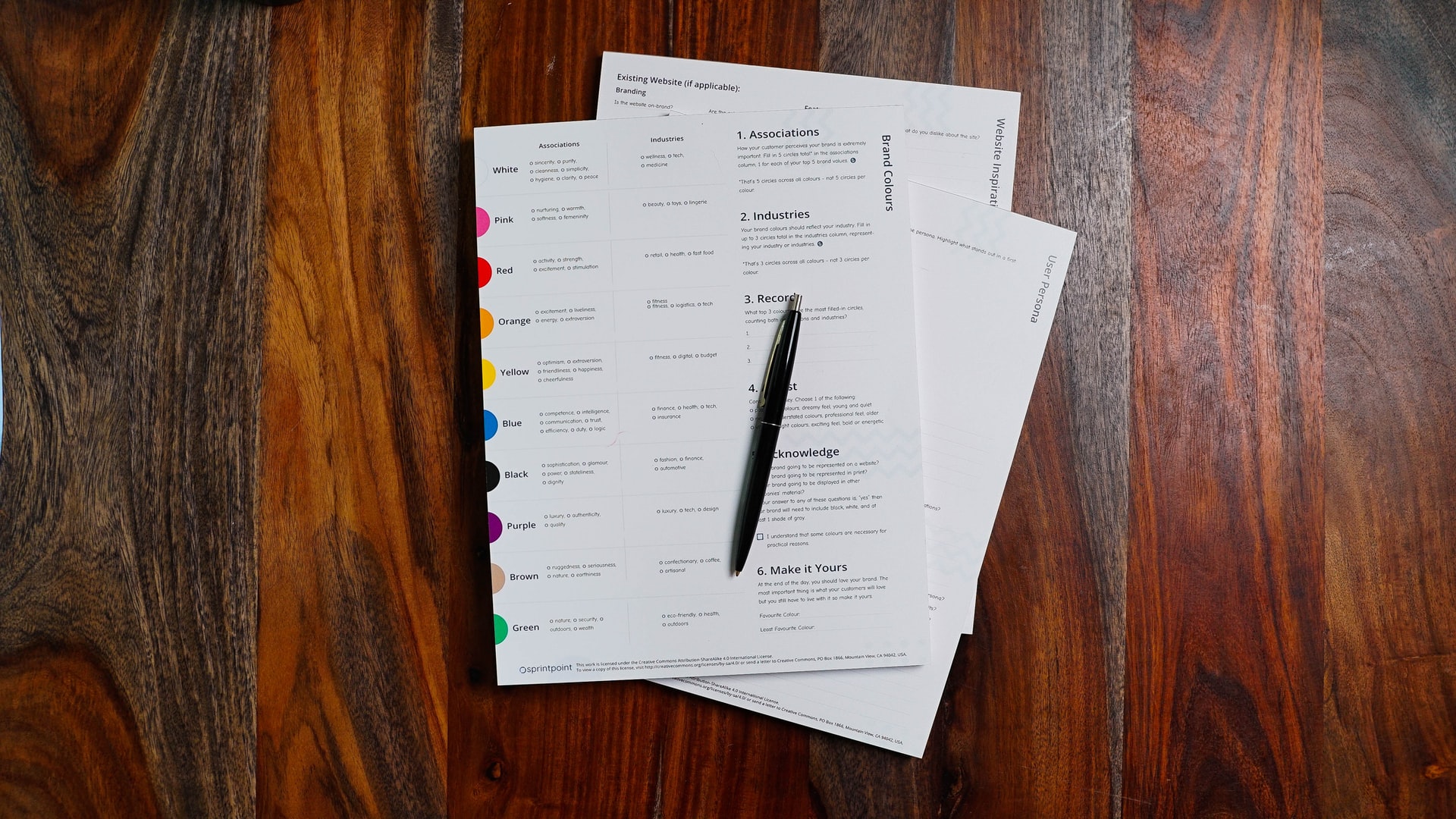By
|
Getting your Trinity Audio player ready...
|
Stamp duty on property is a tax levied by the government on property transactions. To be able to show proof of possession, you need legal evidence of ownership of the property. For this, you need to pay stamp duty and registration charges. As per the rules laid out in the constitution, stamp duty is levied and collected by the state government. Therefore it is the state government that decides what the stamp duty should be. This is why it differs from state to state. Stamp duty is also dependent on the value of the property which in turn depends on other factors. These are;
- the type of property, either residential or commercial
- the age of property
- property location
As stamp duty significantly increases the overall cost, it is important to do due diligence. Ensure that you consider it as a factor in your financial planning architecture while buying a house. Stamp duty and registration charges are additional costs that a homebuyer must bear when purchasing a property.
What is Stamp Duty on Property?

Stamp duty is a direct tax levied by the government. It is payable under Section 3 of the Indian Stamp Act of 1899, on all documented financial transactions. These include bills of exchange, letters of credit, promissory notes, letters of credit as well as property transactions. A document on which stamp duty has been paid is legally permissible and can be presented as evidence in a court of law. Without paying stamp duty, a person cannot attain the status of a legal owner. In India, stamp duty rates vary from between 4% and 9% of the property’s market value. This rate differs from state to state.
When Must One Pay Stamp Duty?
Stamp duty on property is payable before a transaction is executed. However you can also pay the stamp duty due on the next working day from the date of execution of transaction. Delays beyond this in the payment of stamp duty will attract a penalty of 2% per month, which can go upto 200% of the remaining amount. It is recommended to pay the stamp duty in full and in time to avoid paying a penalty.
How are Stamp Duty on Property Charges Calculated?
Stamp duty is levied by state governments. Therefore it varies from state to state. Stamp duty on property is computed on the ready reckoner rate/market value/circle rate or the consideration value, whichever is higher. Consideration value is the total amount involved in any purchase/sale transaction agreed between two parties. Guidance value or circle rate is the minimum value of the property at which the property should be registered. Circle rates are determined by a competent authority under the state government. Valuation of property is dependent on several factors which include the property type, location, year of construction etc.
Who is Liable to Pay Stamp Duty?
Unless agreed otherwise, the purchaser/transferee of the property must pay stamp duty. However in case of exchange of properties, both parties pay stamp duty equally.
Stamp Duty on Commercial Property
Stamp duty on commercial property varies from state to state. For example if you are purchasing properties in Kolkata, the stamp rate on property upto Rs. 1 crore is 6% and above 1 crore is 7%.
Stamp Duty on Gifted Property
The act of gifting implies that a person voluntarily transfers certain or all rights in an asset owned by them to another person, without any consideration. Even though this is not a typical transaction, gifting a house has certain income tax and stamp duty implications. The amount of stamp duty and registration charges payable, with respect to a gift deed, are generally the same as in the case of a regular sale. However, if the gift deed is executed between some specified close relatives, some states provide concessions in stamp duty. For example, Maharashtra has a cap on stamp duty payable on gift of a residential or agricultural land to one’s spouse, children, grandchildren or wife of a son who has died, at Rs 200, irrespective of the value of the land.
Stamp duty on property is your civic responsibility
Stamp duty on property is one of our many duties as a civil person. Buying a new apartment in Kolkata, or any other part of the country entails many such duties that require legal proceedings. Check out our other blogs to know more about the same.
FAQs
Stamp duty on property is a tax levied by the government on transactions. As per the rules laid out in the constitution, stamp duty is levied and collected by the state government. Therefore it is the state government that decides what the stamp duty should be. This is why it differs from state to state. Stamp duty is also dependent on the value which in turn depends on other factors. These are;
-the type of property, either residential or commercial
-the age of property
-property location
As stamp duty significantly increases the overall cost, it is important to do due diligence. Ensure that you consider it as a factor in your financial planning architecture while buying a house. Stamp duty and registration charges are additional costs that a homebuyer must bear when purchasing property.
A home loan does not include stamp duty and registration charges. This is an extra cost that must be borne by the purchaser. However one can choose to take out a personal loan to pay the charges.
A property has to meet with the following requirements to be become a gift under Indian laws:
– The property must a movable or an immovable property.
– It should not be a future property.
– It should be tangible.
The transfer of immovable property from father to son can be considered a gift. As per the Transfer of Property Act, the transfer of house property as a gift needs to be effected by a registered document (gift deed) signed by the person gifting the property. The amount of stamp duty payable on gift deed is same as in a regular sale. However, there is an exemption in case of specified relatives, which includes gifts from father to son.
– It must be transferable.
Leave a comment







